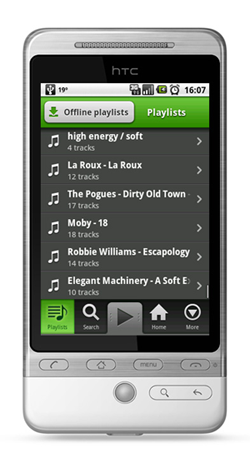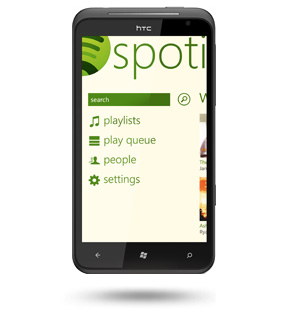As a good working example: The standard convention is for mega menus to appear on hover (see sites such as play.com and next.co.uk).
This fits with Jakob's Law of the Web User Experience which states that:
"Users spend most of their time on other websites." which means that users prefer your site to work the same way as all the other sites they already know.
However there are other websites that break this convention, such as Starbucks.com which opens the menu on Click instead of Hover. Presumably this is because they are going with a responsive website and have opted to provide the same user experience to visitors on a desktop machine to those with tablets.
Should you break established conventions and user-expectations in order for your site to be consistent across devices?
To quote Jakob Nielsen:
The more users' expectations prove right, the more they will feel in control of the system and the more they will like it. And the more the system breaks users' expectations, the more they will feel insecure.
Note: this question isn't about whether hover is or isn't better than click because we have several useful questions on this already. I'm more concerned with the idea of breaking convention for internal website consistency across devices.



